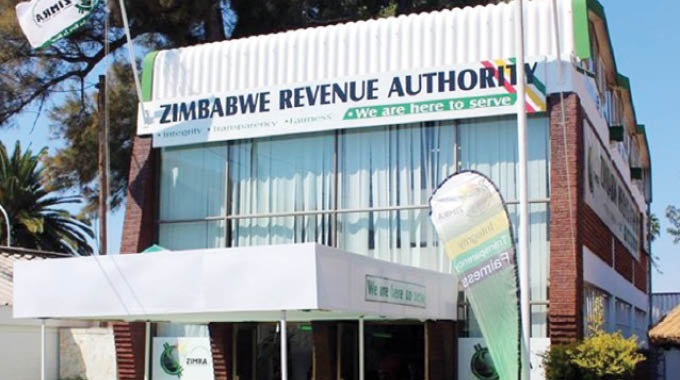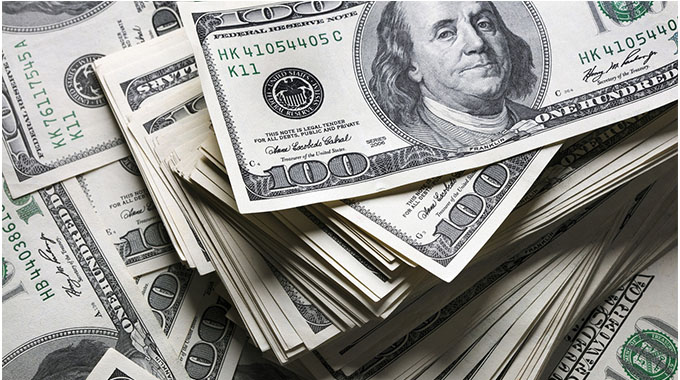
The Sunday News

Vusumuzi Dube, Online News Editor
THE Bulawayo City Council (BCC) has declared that there is no single property within the city that meets the threshold for the recently introduced wealth tax, at least according to their records.
The council asserts that none of the properties in the city were valued at over US$250 000, the minimum requirement for the tax that was introduced by the Minister of Finance and Investment Promotion, Prof Mthuli Ncube, in the 2024 national budget.
The introduction of the tax was followed by the promulgation of the Finance Act 13 of 2023 where Section 360 directs that the tax will be levied at a rate of one percent of the value of a dwelling other than a principal private dwelling of a taxpayer, if such value exceeds US$250 000. The maximum tax liability on any one taxable dwelling was set at US$50 000 per annum, with the collection being done by the Zimbabwe Revenue Authority (Zimra) with assistance from local authorities.

Zimra
“In terms of Section 36(0) of the Income Tax Act, Local authorities were designated collection agents for Zimra until such a time that Zimra was able to collect the tax. Further in terms of Section 22 (0) of the Finance Act, Council would be expected to remit the whole amount to Zimra unless there were any amounts of commission agreed to.”
However, BCC has revealed that there had no property in the entire city that fell under the required threshold.
According to the latest council report in terms of the last assessment by the local authority, the highest value unit was pegged at US$115 000. Council did not disclose the location of its most expensive property, although traditionally, the most valuable properties in the city were found in Burnside. Property valuation involves analysing various factors such as location, size, age, condition, and other relevant features that affect the property’s value. The valuation gives an estimate of the property’s worth in the market, according to guestandtanner.co.zw.

“In terms of Section 247 of the Urban Councils Act, Chapter 29:15, council only did a valuation for non-residential properties and an assessment for residential properties. In the circumstances therefore and in terms of this provision council established rating zones and determined the size of rating units. All properties within the same zone were then assigned the same value for purposes of rating. In terms of the last assessment the highest value unit was pegged at US$115 000, this would mean that we had no values of US$250 000 that the wealth tax applied to. Council was currently carrying out a new valuation, but it was not anticipated that values would double or go beyond double,” reads the recent council report.
In terms of occupancy, where the wealth tax law states that only those properties where the owner did not reside at and were of the value of US$250 000 were taxable, the local authority noted that they had no database about the occupancy of the properties, stating that there was nothing that compelled an owner to register their tenants with council.
“In the event that such properties existed in the jurisdiction of the City of Bulawayo, council would have to reconfigure and adjust its billing system to accommodate this – this would come at a cost. Council noted that collection came at a cost, the ballooning debtors figure was shared with Zimra and therefore if and when this tax needed to be collected by any debt recovery means including legal action there would be costs associated with this,” reads part of the report.






